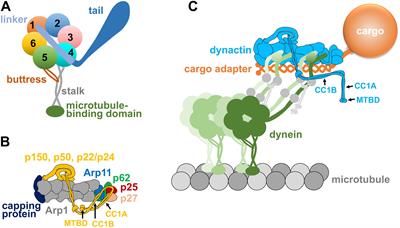EDITORIAL
Published on 14 Oct 2021
Editorial: Energy Requirements in Membrane Trafficking
doi 10.3389/fcell.2021.750633
- 1,209 views
15k
Total downloads
74k
Total views and downloads
EDITORIAL
Published on 14 Oct 2021
MINI REVIEW
Published on 22 Jul 2021
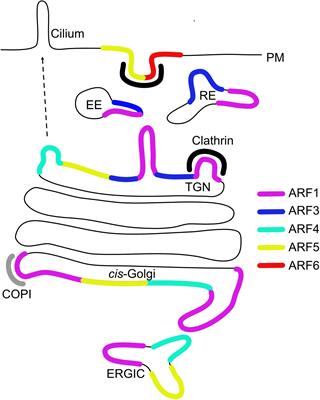
REVIEW
Published on 08 Jul 2021
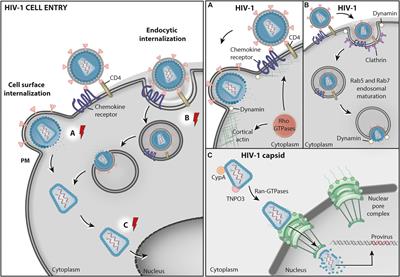
REVIEW
Published on 26 Feb 2021
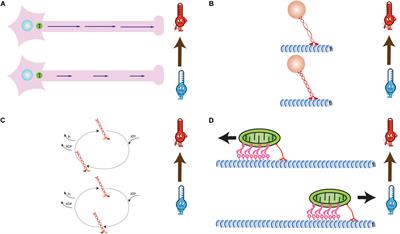
PERSPECTIVE
Published on 01 Feb 2021
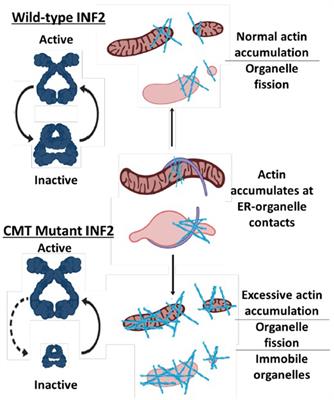
BRIEF RESEARCH REPORT
Published on 28 Jan 2021
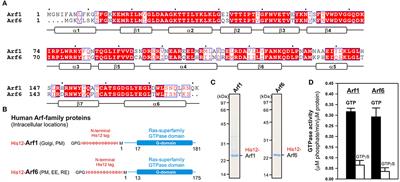
REVIEW
Published on 21 Jan 2021
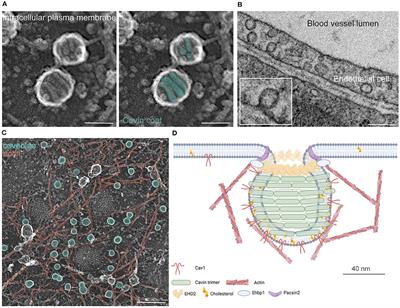
REVIEW
Published on 08 Jan 2021
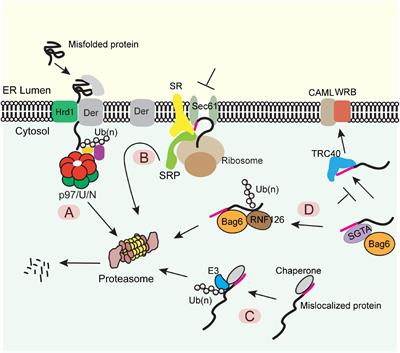
REVIEW
Published on 08 Jan 2021
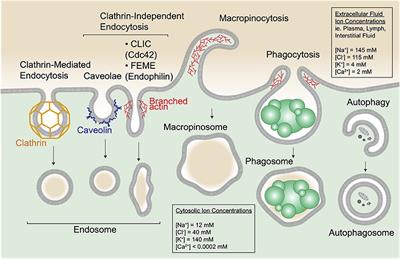
REVIEW
Published on 30 Oct 2020
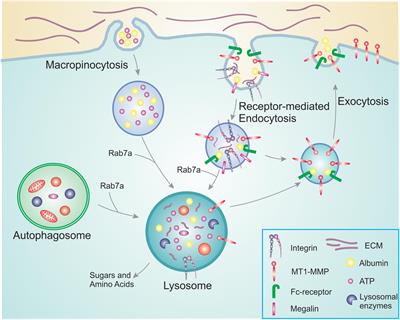
REVIEW
Published on 23 Oct 2020
